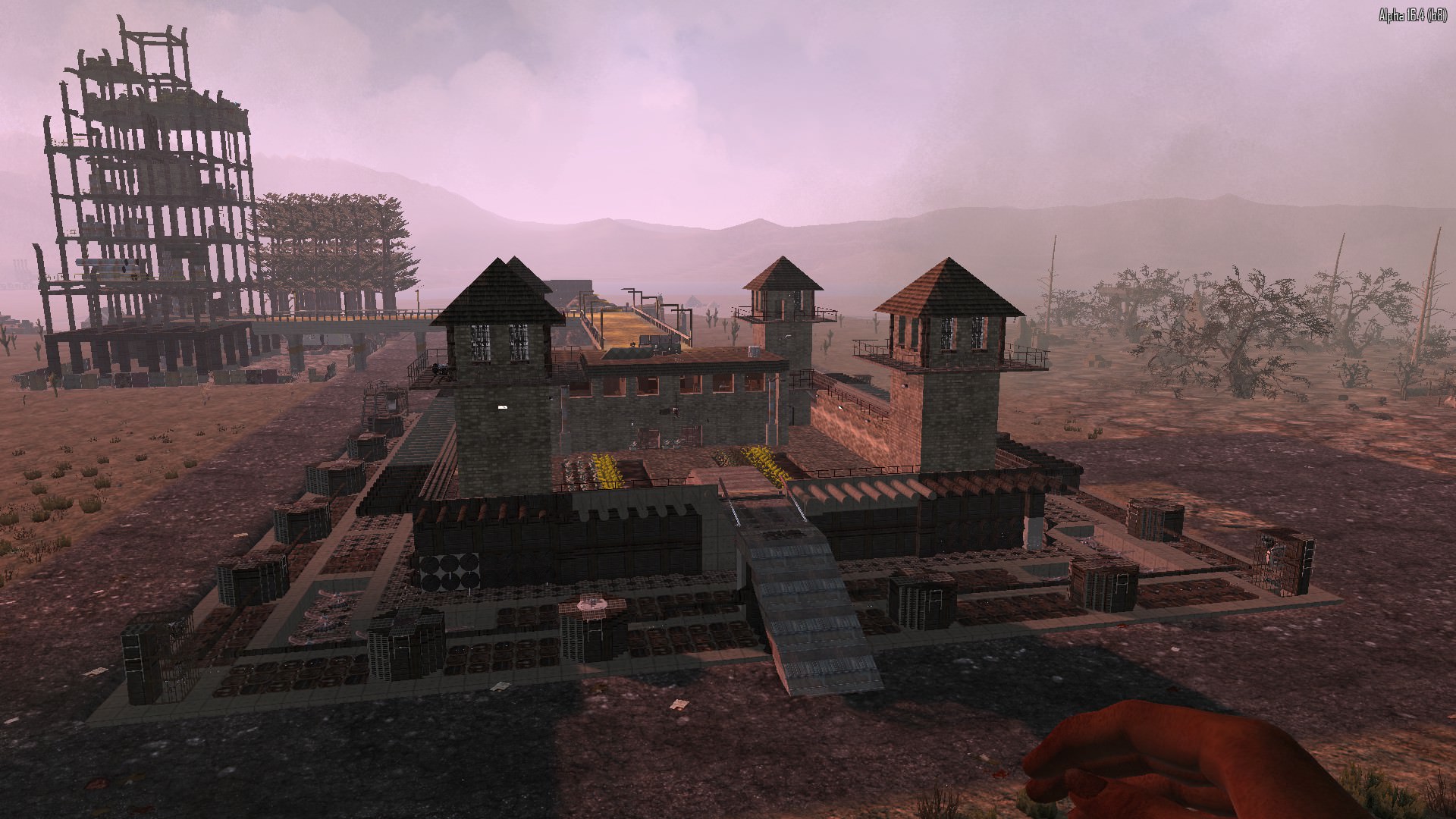

“In organic agriculture, the innovation system needs to be changed in order to generate benefits at the local level,” Labrada said. He said he learned as much from the young scientists as he did from the seasoned academics. Humberto Rios Labrada, the Latin American representative for the International Centre for Development Oriented Research in Agriculture, came from Bolivia to speak about his efforts to shift the focus of agricultural research to include farmers as well as universities. “A lot of what we’ve learned about vegetable marketing and production, value-added wheat and other crops can be applied to peanuts,” Culbreath said. Mazourek shared his expertise with colleagues representing a diverse range of fields and regions.Īlbert Culbreath, professor of plant pathology at the University of Georgia who presented his work on organic farming practices and disease management in peanuts, said he gained valuable insights into successful practices in other crops that he is eager to apply on his own fields.

You want a seed that reflects those values,” he said. “It all starts with the seed that you plant.

’08, the Calvin Noyes Keeney Assistant Professor of Plant Breeding at Cornell. They should, according to Michael Mazourek, Ph.D. And they started with seeds.ĭespite a growing consumer interest in organic food, few consider the seeds at their origin. They explored ways to build dynamic communities with the capacity to develop food crops and food systems for the sustainable agriculture of a turbulent future. The symposium drew 27 students and 19 professors, nonprofit constituents and seed company representatives to the Finger Lakes region for a week of tours, lectures and networking. 17-21.Īlmost everyone knows that plants grow from seeds, but what about communities? The third annual Student Organic Seed Symposium, held at Cornell Aug. Participants of the Student Organic Seed Symposium tour a Finger Lake farm as part of their trip to the area Aug.


 0 kommentar(er)
0 kommentar(er)
